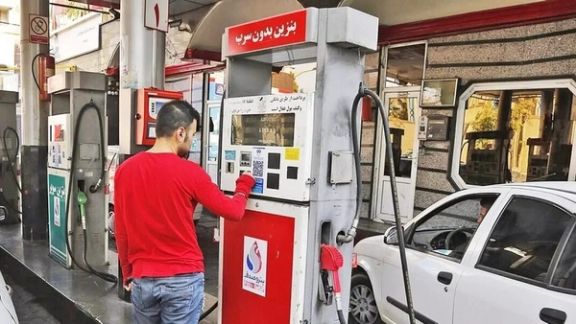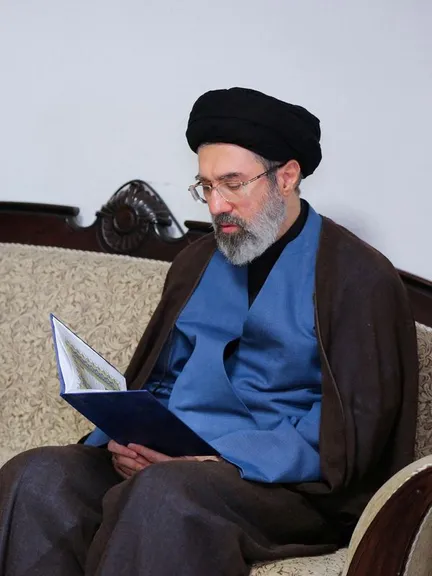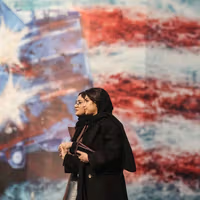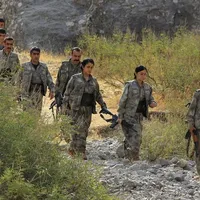The country faces a shortfall of at least 100,000 nurses, a deficit that has increased workloads, extended shifts, and contributed to staff burnout and lower patient satisfaction, Ahmad Nejatian, head of the Iranian Nursing Organization told Tasnim. Many nurses work compulsory overtime to compensate for missing staff, he said.
“Some hospitals in Tehran have wards ready to open, but they remain closed because there are not enough nurses,” Nejatian said. “Even when recruitment exams are held, a number of positions remain vacant because housing costs in Tehran make living in the capital unaffordable for nurses.”
Iran’s nurse-to-patient ratio, according to the Ministry of Health, remains far below international standards. The gap, Nejatian said, stems not only from limited funding but also from outdated staffing frameworks that do not reflect the actual number of active hospital beds.
Housing costs and retention challenges
Around 70 percent of nurses in Iran are women, most aged between 30 and 35, balancing work with family responsibilities, Nejatian said. Current regulations prevent hospitals from hiring temporary replacements for staff on maternity leave, placing added pressure on remaining personnel.
Offering incentives, he added, could help retain nurses in major cities. “Building dormitories or hostels alone won’t solve the problem,” he said. “We need a comprehensive plan that includes housing support and financial incentives similar to those used to attract staff to remote regions.”
Iran’s nurse-to-population ratio remains critically low – about 1.3 to 1.6 per 1,000 people – well below international standards. The shortage is worsened by excessive workloads, delayed or insufficient pay, insecure employment, short-term contracts, and the growing exodus of skilled nurses seeking better opportunities abroad. The impact is already visible, with some hospitals forced to shut down intensive care and emergency units due to a lack of qualified staff.














